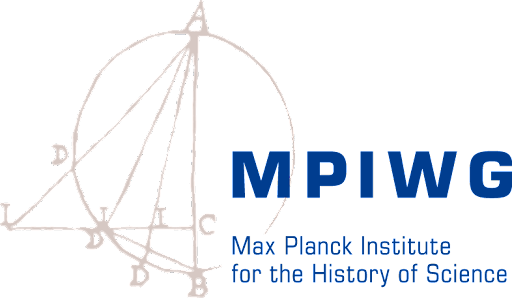Contribution / Chapter
Testing of a Hundred Listeners
Items

Tonometrische Untersuchungen an einem deutschen Volkslied Texts

Das absolute Tonbewußtsein Texts

On the sensitiveness of the ear to pitch and change of pitch in music Texts

Über vergleichende akustische und musikpsychologische Untersuchungen Texts

Über die Bedeutung des Phonographen für vergleichende Musikwissenschaft Texts

Experimentelle und erkenntnistheoretische Musikerziehung Texts

Neue Beiträge zu einer Lehre von den Tonvorstellungen Texts

Vergleichende Gehörprüfungen an 100 Individuen mittelst Stimmgabeln, Uhr und Flüstersprache Texts

Die systematische Ausbildung des musikalischen Gehörs Texts

Das absolute Tonbewußtsein und die Musik Texts

Das absolute Tonbewußtsein und die Musik Texts

Über die Grenzen der Tonwahrnehmung Texts

Experimental recording: Otto Abraham, Hornbostel Intonationsprobe 13 (September 11, 1907) Audio

Experimental recording: Otto Abraham, Hornbostel Intonationsprobe 14 Audio

Experimental recording: Otto Abraham, Intonationsprobe Prof. E Audio

Experimental recording: Otto Abraham, Wagner Motive Audio

Seashore Records Series
Testing of a Hundred Listeners
In 1901, the Berlin psychologist Otto Abraham published a lengthy study on what he called “das absolute Tonbewußtsein” (absolute tone consciousness), claiming that musical ability is less a natural talent than something learnable—dependent on the imprint of certain tone systems and musical experiences. In place of simple stimulus–response tests, Abraham therefore proposed a completely new method of testing musicality, based on a comprehensive test battery and a detailed questionnaire. This chapter’s investigation of Abraham’s method highlights its underlying epistemology of hearing, with particular attention to the relationship between Abraham’s notion of musicality and his mentor Carl Stumpf’s theory of tone psychology. The chapter then traces later applications of Abraham’s study in the fields of comparative musicology and music education, focusing on testing procedures at the Berlin Phonogramm-Archiv, the Berlin Academy of Music, and, in the shape of U.S. psychologist Carl Seashore’s “measures of musical talent,” American schools and music academies.
© 2015 – 2026 Humboldt-Universität zu Berlin





